CED Statement on Waste Management and Sustainability in Dentistry
In this document, the CED highlights the need to work together to improve oral and overall health to reduce the number of curative treatments and lower the pollution caused by medicine residues and travel movements. The Statement highlights that manufacturers play a vital role in promoting sustainable waste management in dentistry, by developing eco-friendly and recyclable dental products, reducing the environmental impact of their materials. It also underlines that policies regulating waste management strategies for healthcare practices should guarantee that such strategies remain proportionate and realistic, and do not introduce any significant financial and administrative burdens on dental practices. The CED insists on the need to avoid excessive bureaucratic burden for dental practices that qualify as small and micro enterprises at all costs.
CED Statement on Corporate Dentistry and the Dental Profession
The CED Statement on corporate dentistry was developed alongside guidelines destined to inform young professionals highlighting the current existence and functioning of corporate dentistry in various available professional pathways.
Corporate dentistry has been on the rise in Europe and is likely going to remain a reality among many European countries. As such, with this document, the CED wishes to outline its stance on corporate dentistry and its core principles in relation to the current and future corporate dentistry status quo. While the CED recognizes and acknowledges that corporate model of dentistry will remain present in the field of the dental profession, the CED constantly highlights that delivery of oral health services, regardless of its organizational form, has to be subjected to high ethical and professional standards, to ensure that financial profit is not working against patients’ care and health, and against the professional wellbeing of dentists.
CED document “Supporting and informing young dentists in relation to corporate dentistry”
The CED prepared this guideline document to serve as a frame for national dental chambers and associations, highlighting some of the main principles for ensuring that young dentists are informed and aware of the topic of corporate dentistry at their respective national level. Corporate dentistry chains have been on the rise in many European countries. These chains therefore often seek qualified workforce and dental practitioners, and often target young dental graduates as well as dental students, for future work opportunities. This reality is particularly relevant in light of growing reduced interest and barriers involved in setting up private dental practices.
CED updated statement on Medical Devices Regulation and chairside CAD/CAM procedures: right of dentists not to be defined as manufacturers
The use of CAD/CAM system is an integrated part of the treatment process, guided, determined and followed up on by the dentist, as the leader of the dental team and as the responsible healthcare professional for the patient. It is therefore imperative to ensure that dentists maintain their undeniable right to own and use a CAD/CAM system for their patients.
As such, the document, initially developed in 2018, was updated and provided direct reference to the definition of health institutions (as outlined per the Medical Devices Regulation, Article 2(36) – ‘Definitions’).

